-
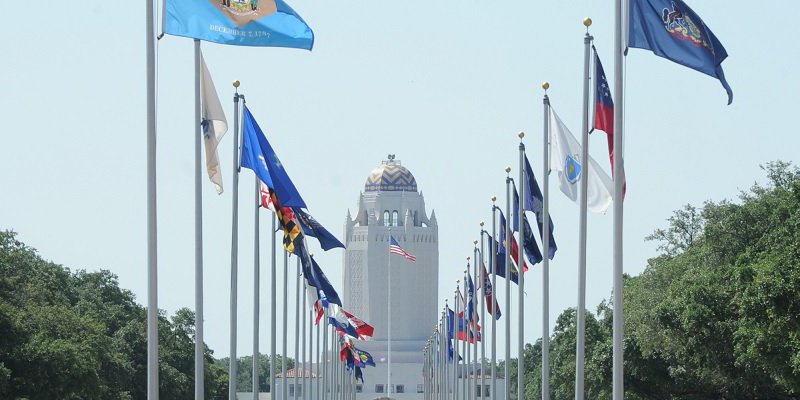
What’s the state of state public records law?
Over the last nine months, our FOIA Fellow Jessie Gomez has been looking at public records law across the nation through our State of State Public Records Law project. Today, we’ll be exploring the major takeaways from her reporting.
-

Part One: Barriers to access
High price tags and records exemptions remain consistent barriers to access.
-
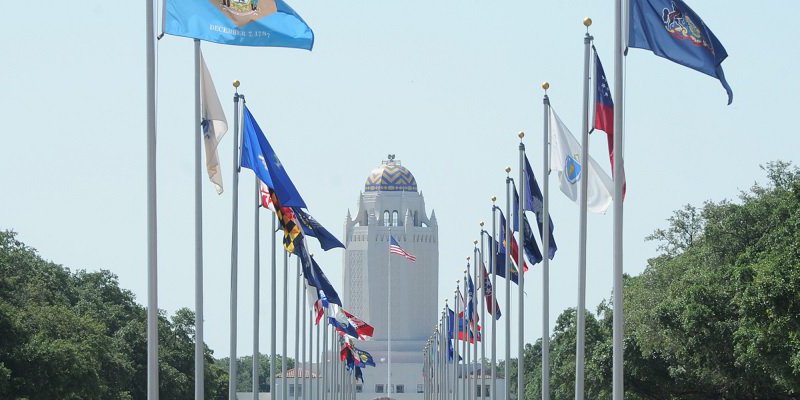
Part Two: Legislative reform
Legislative efforts to reform state public records law are good, but not enough.
-
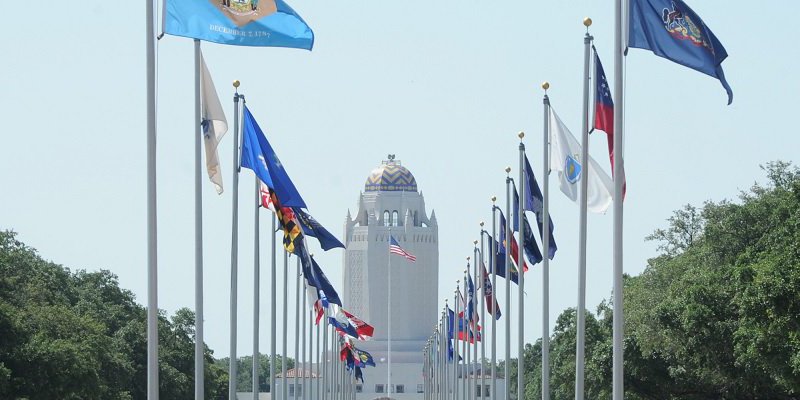
Part Three: Transparency advocates
Transparency advocates serve as key players in gaining better access to government records.
-
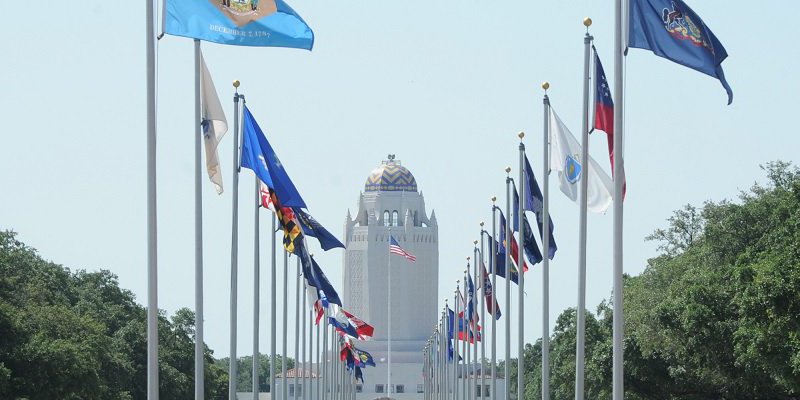
Part Four: Public interest
Records law issues remain a pertinent part in transparency conversations.
-
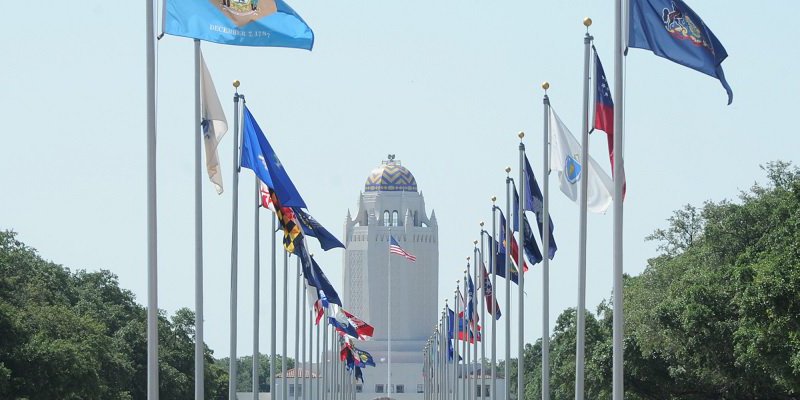
Conclusion
Here are our final thoughts on the last nine months of exploring public records laws.
-
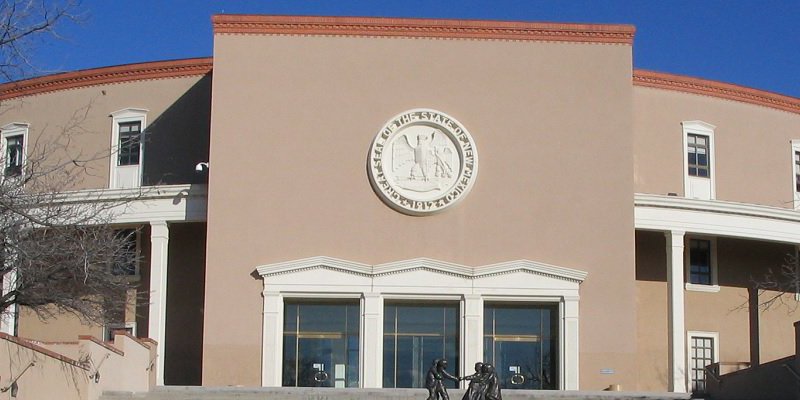
State public records laws continues to face challenges amidst big victories
The state of state public records laws continues to evolve as lawmakers discuss new legislation, court rulings clarify ambiguities in records law, and advocates press for better access. To get a sense of what’s happening, we’ve compiled a list of recent changes to access all across the country. If we missed news in your state, let us know by filling out the form below!
-
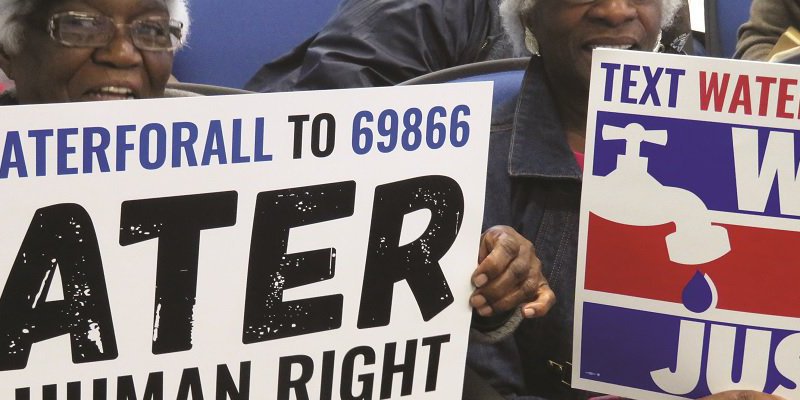
Food & Water Watch and MuckRock join together on a water privatization FOIA project
Today, Food & Water Watch and MuckRock are announcing a joint project to identify and shed a light on efforts to privatize the country’s public water systems. The organizations will be submitting public records requests to the largest water systems in the United States - from Puerto Rico to California and in between - looking for the latest corporate attempts to absorb community water supplies into their revenue streams.
-

The Massachusetts Governor’s Office is exempt from state records law, but still accepts requests on a case-by-case basis
Three years ago, Massachusetts legislators revised the state’s public records law with the ostensible goal of increasing access. And yet, the law is still considered one of the most restrictive in the country - in no small part owing to the fact that the Bay State remains the only state in which all three branches of its state government are exempt from disclosure.
-
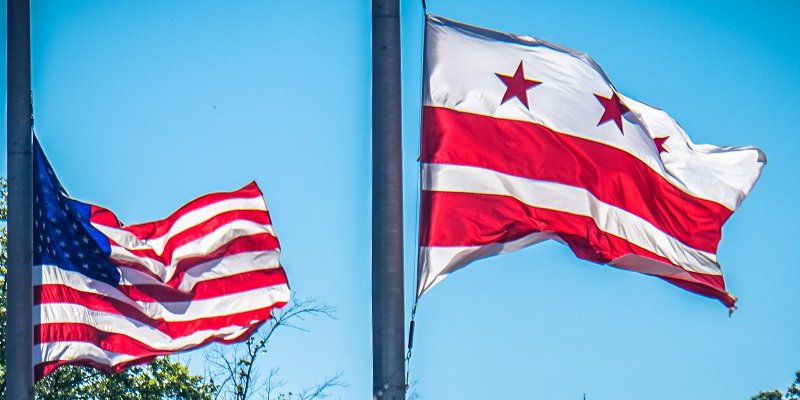
DC lawmakers seek to change local FOIA laws to block access to officials’ emails
New proposed changes to FOIA law in Washington D.C. could block access to government emails dealing with “matters unrelated to public employees and officials’ work,” among other restrictions.